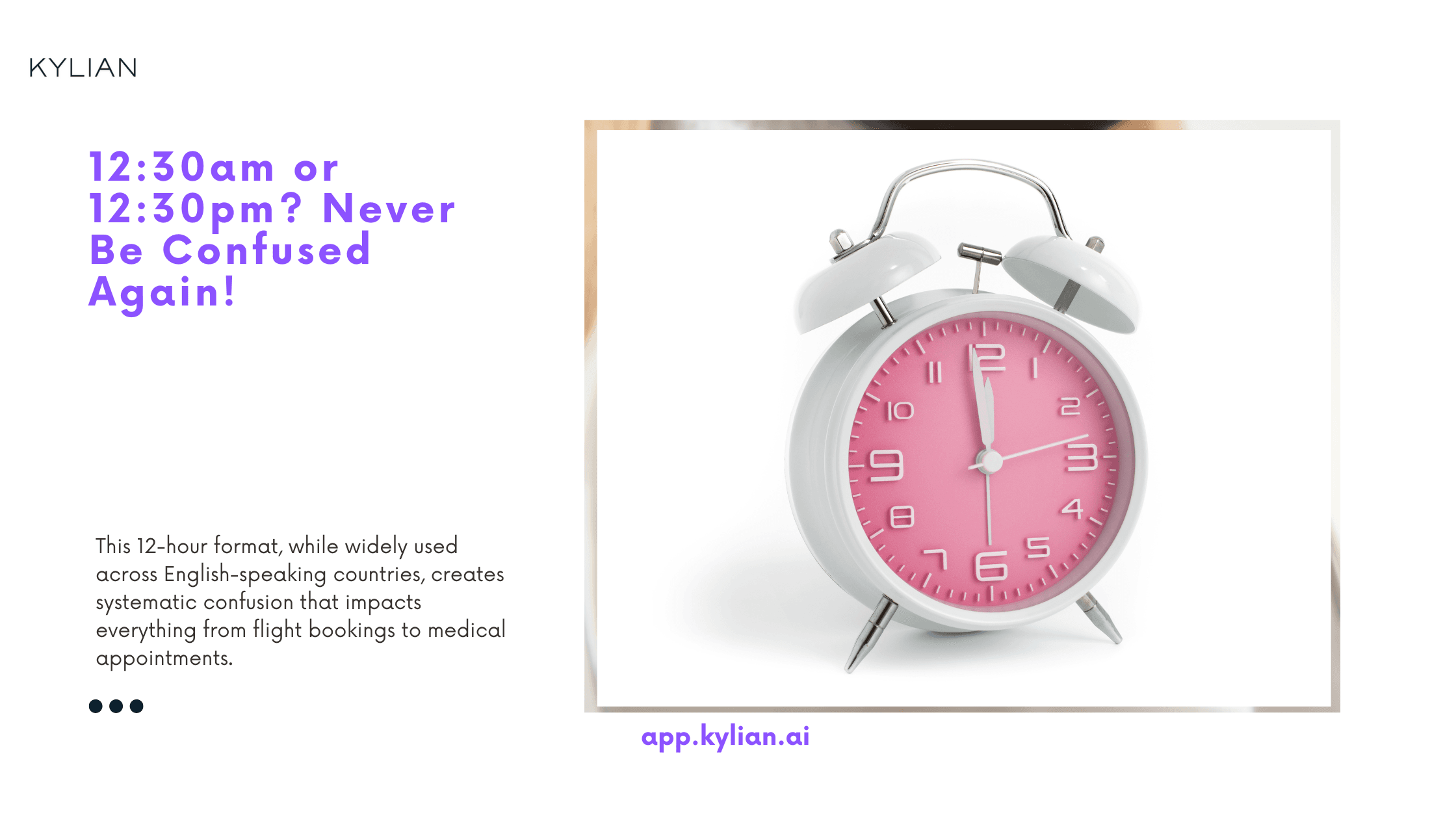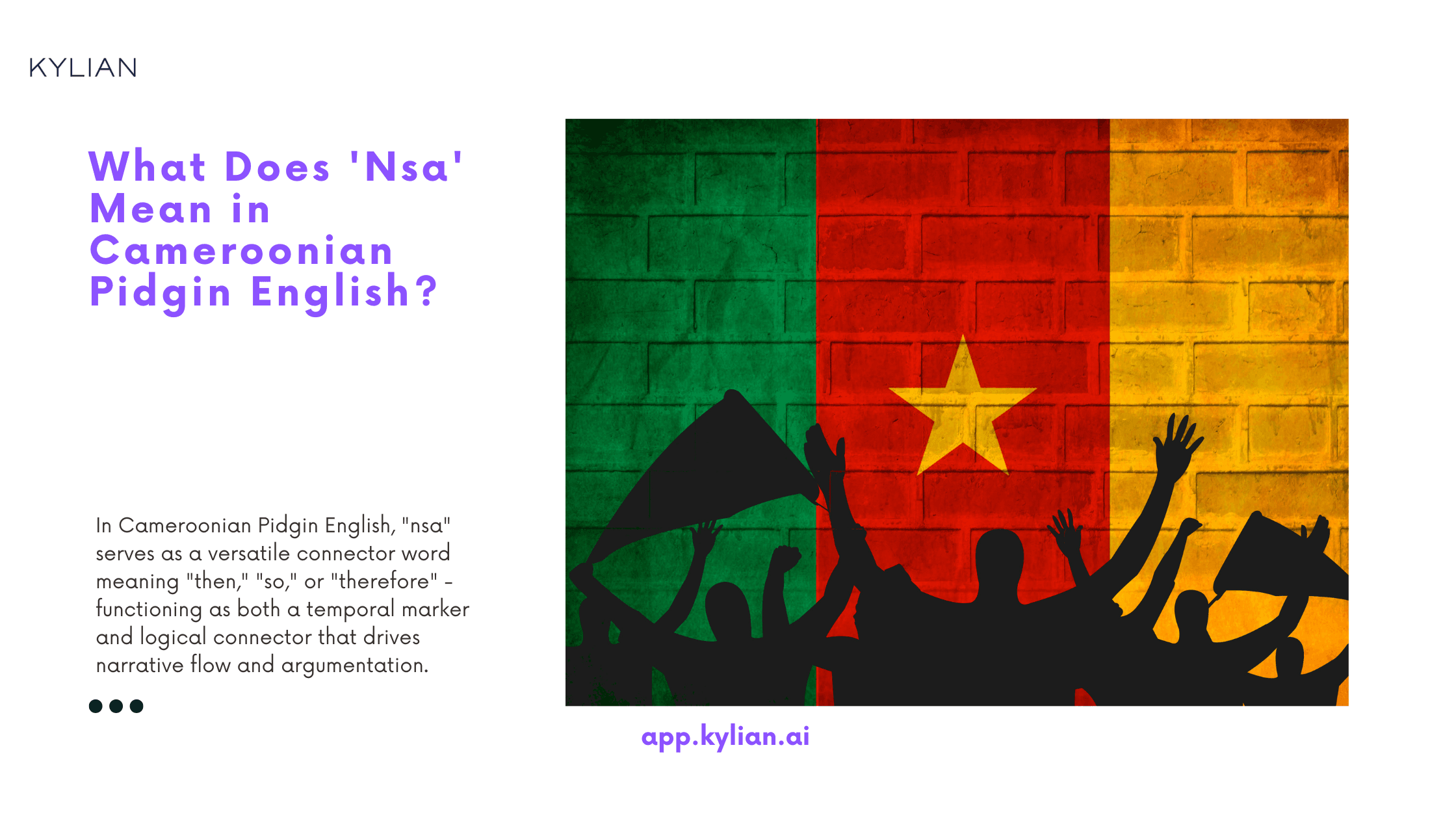

What Does Vergüenza Mean in Spanish?
Spanish speakers constantly use "vergüenza" in conversations, yet this emotion-laden word carries complexities that extend far beyond simple embarrassment. Understanding vergüenza requires grasping not just its literal translation, but the cultural weight it carries in Spanish-speaking communities—a weight that can determine social standing, family honor, and personal identity. The word "vergüenza" translates most directly to "shame" or "embarrassment" in English, but this translation barely scratches the surface. In Spanish, vergüenza encompasses a spectrum of feelings ranging from mild social discomfort to profound moral guilt. This distinction matters because English speakers often misinterpret the emotional intensity behind the word when Spanish speakers use it.


Plural of Diagnosis: Complete Grammar Guide
Medical terminology creates confusion even among seasoned professionals. The word "diagnosis" exemplifies this challenge—its plural form trips up doctors, students, and writers alike. Whether you're drafting a medical report, discussing patient cases, or writing academic papers, mastering "diagnoses" versus "diagnosis" prevents embarrassing mistakes that undermine your credibility. Understanding this distinction matters because precision in medical language directly impacts professional communication and patient care quality.


Plural of Lens: Complete Guide to Lenses vs Lens Usage
The English language presents unique challenges when forming plurals, and "lens" exemplifies this complexity perfectly. Medical professionals, photographers, and scientists encounter this word daily, yet confusion persists about its proper plural form. Understanding the plural of "lens" matters because precision in professional communication directly impacts credibility. Whether you're writing technical documentation, academic papers, or professional correspondence, using the correct plural form demonstrates linguistic competency and attention to detail that colleagues and clients notice.


Abbreviation for Maintenance: Key Terms & Shortcuts
Equipment breaks down. Systems fail. Assets deteriorate. These realities drive a $647 billion global maintenance industry where precise communication can mean the difference between scheduled downtime and catastrophic failure. Professional maintenance environments demand speed and accuracy in documentation, work orders, and communication protocols. Understanding standard abbreviations becomes critical when technicians need to decode maintenance logs, prioritize repair schedules, or communicate urgency levels across departments. In this article, we'll decode the essential abbreviations that maintenance professionals use daily, from basic repair codes to advanced predictive maintenance terminology.


English Fat Slang: Master This English Expression


Plural of Hypothesis: Complete Guide to Hypotheses
Academic writing demands precision, yet one of the most fundamental mistakes appears in research papers, dissertations, and scientific publications daily. The confusion between "hypothesis" and its plural form creates credibility gaps that undermine otherwise solid research. This linguistic precision matters because academic credibility hinges on attention to detail. When researchers misuse basic grammatical forms, reviewers question the rigor applied to the actual research methodology. In this article, we'll establish the definitive rules for using "hypotheses" correctly and explore why this distinction carries weight in professional communication.


Cat Slang: Your Complete Guide to Feline Internet Language
You've scrolled through social media and encountered phrases like "that's so fetch" or "stop being such a scaredy-cat," but the internet's obsession with feline terminology runs far deeper than casual expressions. Cat slang has evolved into a sophisticated linguistic phenomenon that shapes how we communicate online, express emotions, and build digital communities around shared understanding. The proliferation of cat-related terminology isn't accidental—it reflects our collective need for nuanced emotional expression in digital spaces where traditional cues fall short. When we say someone is "catty," we're accessing centuries of cultural associations while participating in contemporary internet culture. This linguistic evolution matters because it demonstrates how language adapts to serve our communication needs, particularly when discussing personality traits, behaviors, and social dynamics.


Colorado Abbreviations: Official & Unofficial Ways
The United States Postal Service standardized state abbreviations in 1963, fundamentally changing how Americans reference their states in official correspondence. Colorado's official abbreviation "CO" represents more than bureaucratic efficiency—it reflects decades of postal reform and geographic identity. Understanding Colorado's various abbreviations matters for anyone conducting business, shipping packages, filing legal documents, or simply communicating clearly about the Centennial State. From official postal codes to informal internet slang, each abbreviation serves specific contexts and audiences. In this article, we'll examine every legitimate way to abbreviate Colorado, when to use each form, and why precision in abbreviation usage can prevent costly mistakes in professional and personal communications.


Spoke To vs Spoke With: Mastering English Communication
The precision of language determines the clarity of communication. In English, "spoke to" establishes a directional communication flow where information moves from speaker to listener, while "spoke with" creates a bidirectional exchange emphasizing mutual participation and dialogue. This distinction, though subtle, carries significant weight in professional contexts, academic writing, and everyday conversations where the nature of interaction matters. Understanding when each phrase applies isn't merely about grammatical correctness—it's about conveying the exact relationship dynamic you experienced or witnessed. The choice between these prepositions shapes how others perceive the interaction's tone, formality, and collaborative nature.


Bamf German Slang: Complete Guide for English Speakers
You hear German native speakers casually drop "Bamf" in conversations, but the meaning eludes you? This isn't surprising. "Bamf" represents one of contemporary German's most contextually complex slang terms, carrying layers of meaning that extend far beyond literal translation. In German, "Bamf" serves as an acronym for "Bundesamt für Migration und Flüchtlinge" (Federal Office for Migration and Refugees), yet its slang usage has evolved into something entirely different. German speakers employ this term to describe someone who demonstrates exceptional competence, authority, or intimidating presence in specific situations.


12:30am or 12:30pm? Never Be Confused Again!
Time confusion costs businesses millions annually through missed meetings, scheduling errors, and operational inefficiencies. The distinction between 12:30am and 12:30pm represents more than semantic precision—it's fundamental to professional communication and global coordination. In English time notation, 12:30am refers to thirty minutes past midnight, occurring in the early morning hours when most people sleep. Meanwhile, 12:30pm indicates thirty minutes past noon, falling in the middle of the day during typical lunch hours. This 12-hour format, while widely used across English-speaking countries, creates systematic confusion that impacts everything from flight bookings to medical appointments.


Late Afternoon Meaning: Complete Guide for English Learners
Native English speakers frequently reference "late afternoon" in conversations, yet this temporal expression carries nuances that extend far beyond simple clock readings. Understanding when and how to use "late afternoon" correctly separates functional English comprehension from truly natural communication patterns. "Late afternoon" refers to the period between approximately 3:00 PM and 6:00 PM, though cultural context and seasonal variations significantly influence its precise boundaries. This timeframe represents more than chronological measurement—it embodies cultural rhythms, work patterns, and social expectations embedded within English-speaking societies.


Girlie vs Girly: Master These Confusing English Words
The English language presents unique challenges when words appear nearly identical yet carry distinct meanings and applications. "Girlie" and "girly" exemplify this linguistic complexity—while both relate to feminine characteristics, their usage patterns, connotations, and grammatical functions differ significantly in ways that impact professional communication, casual conversation, and written expression. Understanding these distinctions matters because misusing these terms can alter your intended message, affect your credibility in professional settings, and create confusion in cross-cultural communication. Native speakers intuitively navigate these differences, but English learners often struggle with the subtle yet crucial variations that determine appropriate usage.


Past Tense of Read: Different Forms, Rules & Examples
The verb "read" breaks fundamental patterns that native speakers take for granted. Unlike most English verbs that follow predictable conjugation rules, "read" maintains identical spelling across present and past tense while completely changing pronunciation—a linguistic anomaly that confuses millions of learners worldwide. This irregularity matters because "read" ranks among the 100 most frequently used verbs in English, appearing in academic writing, professional communication, and daily conversation. Mastering its conjugation patterns directly impacts your ability to express temporal relationships accurately and avoid the grammatical errors that undermine credibility in both spoken and written English.


Ounce Abbreviation: 15 Essential Forms You Need to Know
Measurement confusion costs businesses millions annually, and ounce abbreviations sit at the center of countless miscommunications. Whether you're shipping products internationally, following recipes, or managing inventory, using the wrong abbreviation can lead to costly mistakes that ripple through entire supply chains. The standard abbreviation for ounce is "oz" - derived from the Italian word "onza" meaning ounce. However, context determines which specific form you should use, and understanding these distinctions separates professionals from amateurs in fields ranging from pharmaceuticals to precious metals trading.


Past Tense of Fall: Different Ways to Master This Verb
Grammar precision matters when you're building credibility in professional communication. The verb "fall" presents unique challenges because its past forms don't follow standard patterns, creating confusion that undermines otherwise solid writing. Understanding how to use "fell," "fallen," and other variations correctly isn't just about avoiding mistakes—it's about demonstrating linguistic competence that opens doors in academic, professional, and creative contexts. Mastering these forms positions you as someone who values precision in communication. In this article, you'll discover comprehensive applications of fall's past tense forms, understand contextual usage patterns, and learn advanced techniques that separate competent speakers from true language professionals.


Number Abbreviations: Key Ways to Shorten Numbers
Numbers dominate every aspect of modern communication, from financial reports to social media metrics. Yet most people struggle with the inconsistent mess of abbreviation systems that exist across different contexts. The reality is stark: misusing number abbreviations can undermine your credibility in professional settings, confuse your audience in digital content, or worse—lead to costly misunderstandings in business communications. Whether you're drafting a quarterly report that mentions "$2.5M in revenue" or posting social media content about "10K followers," the abbreviation you choose carries weight. This article dissects the most effective number abbreviation systems, reveals when each approach works best, and exposes the critical mistakes that can damage your professional reputation.


What Does UWU Mean? Your Complete Internet Slang Guide
You've encountered "UWU" scattered across social media posts, gaming chats, and memes, but you're left wondering what this seemingly random combination of letters actually signifies. This isn't just another fleeting internet trend—UWU represents a fundamental shift in how digital natives express emotion and build community online. UWU is an emoticon that represents a cute, happy, or affectionate facial expression, typically used to convey feelings of warmth, excitement, or endearment in digital communication. The "U" characters represent closed, happy eyes, while the "W" forms a cat-like mouth, creating a face that resembles ^_^ but with a distinctly more playful, anime-inspired aesthetic. This expression emerged from anime and manga culture, where exaggerated cute expressions are commonplace, and has since evolved into a versatile tool for digital emotional expression that transcends its original cultural boundaries.


What Does 'Nsa' Mean in Cameroonian Pidgin English?
You hear Cameroonian Pidgin English speakers casually drop "nsa" in conversations, but the meaning eludes you? Understanding "nsa" unlocks a fundamental aspect of Cameroonian communication culture. In Cameroonian Pidgin English, "nsa" serves as a versatile connector word meaning "then," "so," or "therefore" - functioning as both a temporal marker and logical connector that drives narrative flow and argumentation. This seemingly simple word carries profound cultural weight. Unlike English conjunctions that maintain rigid grammatical boundaries, "nsa" operates with fluid flexibility that reflects the dynamic nature of West African communication patterns. Master "nsa" and you master a critical element of authentic Cameroonian expression.


Motorboat Slang: Meaning, Usage & Native Examples
You've encountered native English speakers using "motorboat" in conversation, but the context clearly wasn't about watercraft. The slang meaning of "motorboat" refers to the act of placing one's face between someone's breasts and making a vibrating sound by blowing air through pursed lips, mimicking the sound of a motorboat engine. This term emerged from the physical resemblance between the motorboat engine's puttering sound and the noise created during this intimate or playful gesture. The slang usage gained prominence through popular culture, particularly after appearing in comedy films and television shows in the early 2000s. Unlike many slang terms that evolve gradually, "motorboat" as slang has a relatively clear cultural origin point, making it easier to understand its contemporary usage patterns.


Abbreviation for Appointment: Business & Professional Forms
Time matters in professional communication. Whether you're scheduling medical consultations, business meetings, or personal services, abbreviations streamline your written correspondence and save valuable seconds in our fast-paced work environment. The standard abbreviation for appointment is "appt." but context determines which form serves you best. From "apt." in casual emails to "APPT" in formal documents, mastering these variations enhances your professional communication efficiency. In this article, we'll explore 47 essential appointment abbreviations, their proper usage contexts, and the cultural nuances that separate amateur communicators from seasoned professionals.


Manufacturer Abbreviations: Complete Business Guide
Business documentation requires precision. Every character counts when space is limited, deadlines are tight, and clarity remains non-negotiable. Manufacturing professionals, procurement specialists, and supply chain managers encounter manufacturer abbreviations daily—yet many struggle with standardization. The manufacturing sector processes over $12 trillion globally, with documentation flowing between thousands of entities. Inconsistent abbreviation usage creates costly miscommunications, delayed shipments, and compliance failures. Understanding proper manufacturer abbreviation protocols eliminates these risks while streamlining operations. This guide provides 45 essential manufacturer abbreviations, implementation strategies, and industry-specific applications to optimize your business communications.


What Does German Slang "Gg" Mean?
German gaming and internet culture has produced countless linguistic innovations, but few carry the conversational weight of "Gg." Native German speakers drop this term casually across digital platforms, leaving language learners puzzled about its significance and proper application. "Gg" stands for "gut gespielt" (well played) in German, borrowed directly from English gaming terminology "good game." This linguistic adoption reflects Germany's deep integration with international gaming communities and represents a fascinating case study in how English gaming vernacular adapts to German phonetic and cultural patterns. The term transcends simple translation because it carries cultural context that pure German equivalents lack. While "gut gemacht" or "schön gespielt" exist as native alternatives, "Gg" occupies a unique linguistic space that signals cultural fluency within German digital communities.


Happened vs Happend: Master English Past Tense Spelling
The English language presents a critical distinction that separates proficient speakers from those still mastering the fundamentals: "happened" represents the correct past tense form of the verb "happen," while "happend" constitutes a fundamental spelling error that undermines professional credibility and academic precision. This distinction matters because spelling accuracy directly correlates with perceived competence in professional environments, where a single misspelled word can diminish the impact of otherwise excellent communication. Understanding this difference transcends mere memorization—it reflects mastery of English morphological patterns that govern how we transform present tense verbs into their past forms. The stakes are higher than many realize: research indicates that spelling errors in professional communication reduce perceived intelligence by up to 30% among native English speakers, making this distinction crucial for career advancement and academic success.